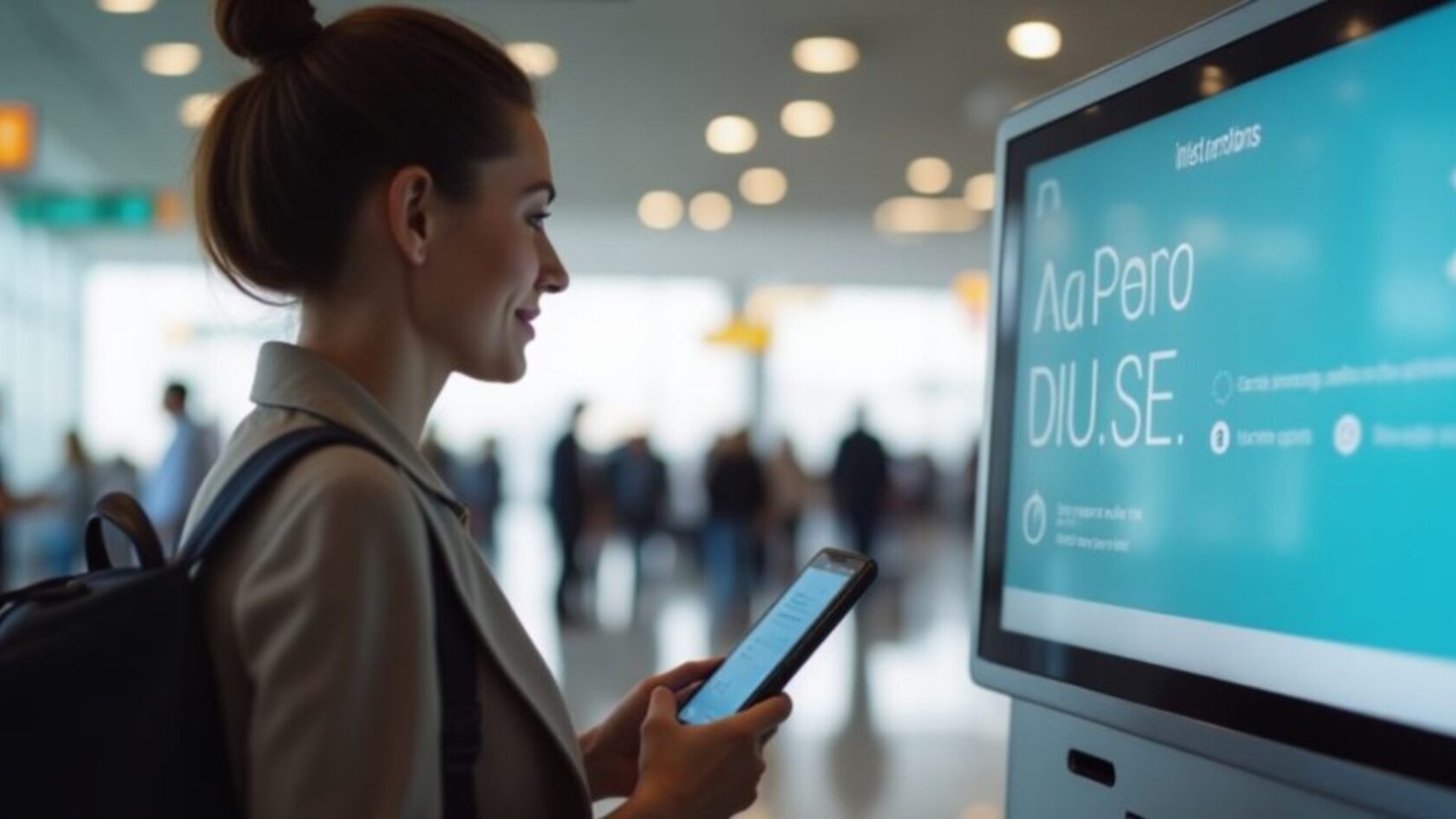Introduction
Flight disruptions are inevitable in the airline industry, but how they are managed can make or break passenger satisfaction. Whether weather-related, due to technical reasons or crew limitations, irregular operations (IROPS) produce a stressful scenario for travelers. Here, airlines that provide rapid communication and enable passengers with self-service reaccomodation software differentiate themselves as leaders in customer experience.
Recent studies (Aug 2025) indicates a distinct gap: almost two-thirds of travellers are unhappy about airlines’ communication during disruptions, while 57% want more informative updates and only 34% feel adequately pleased about notification frequency. With passengers increasingly demanding control and openness, self-service IROPS portals prove to be an indispensable instrument to spur satisfaction and loyalty.
Key Takeaways
- Self-Service IROPS Tools defined virtual portals and applications enable passengers to self-manage disruptions/view updates, rebook flights, and request refunds without having to wait.
- Gain Satisfaction Through Control making passengers feel more in control reduces levels of stress, creates trust, and turns negatives into loyalty-motivated moments.
- Operational Efficiency gains advanced airline disruption management systems automate rebooking, messaging, and support, saving airlines time and resources.
- Future-Proofing Airline self-service solutions are no longer optional—they’re a competitive advantage for airlines seeking to improve customer experience and brand reputation.
Evolution of IROPS Management
Traditionally, IROPS management was a reactive response to long service desk queues, updates coming too late, and opportunities to rebook were few. Passengers were typically left without any updates and could only wait for airport announcements or explicit interventions from staff.
Airline disruption management software has revolutionized the process today. Airlines can now manage irregular operations ahead of schedule by combining real-time information, automation, and multi-channel communication. What was operationally taxing yesterday has become a chance to differentiate in a competitive market while optimizing customer satisfaction and trust.
IROPS Passenger Pain Points
Despite progress nonetheless, numerous travelers remain outraged amidst disruptions, especially when IROPS recommendation is poorly managed:
Uncertainty: Failure to receive prompt or accurate updates increases stress.
Restricted Access to Assistance: Travelers have long wait times at counters or call centers.
Complex Processes: Rebook and compensation processes manually cause dissatisfaction.
Generic communication: One-size-fits-all messages will not work to meet unique requirements.
The data shows this sentiment: 92% of travelers desire assistance via messaging programs, and SMS continues to be regarded as the most trusted medium of first notifications since it does not need any connectivity to the internet.
What Are Self-Service IROPS Tools?
Self-Service IROPS Tools mean electronic tools such as mobile applications, websites or self service reaccomadation portals for airlines that enable passengers to handle disruptions without recourse to staff. Passengers can receive updates, rebook a flight, request a refund and make travel choices at any convenient time.
They are typically powered by airline disruption management software functionalities such as actual flight data integration, automation functionalities, and customization functionalities. By empowering travelers to manage journeys, self-service portals reduce stress, boost efficiency, and generate a sense of control.
Self-Service and Its Connection to Customer Satisfaction
It’s a self-service and satisfaction relationship that can’t be refuted: control reduces anxiety. If passengers can immediately obtain updates, a couple of clicks to rebook and verification without having to wait in line, trust in the airline rises. Airlines that invest in a cutting-edge airline disruption management system can be sure that even amidst disruptions, passengers will be empowered and valued.
Key benefits are:
- Faster Resolution: Cutting queues and manual work reduces time.
- Personalized Experience: Customized news and suggestions generate loyalty.
- Proactive Engagement: Messaging-based notifications increase trust and confidence.
How Self-Service Portals Make Experience Better
Self-service portals simplify preparation in case of disruptions and improve passenger experience:
24/7 Access: Travelers can act anytime, anywhere, without staff intervention.
Omnichannel Communication: Push messages, SMS, and messaging services keep commuters appraised.
Automation at Scale: AI-powered systems handle thousands of rebooking requests simultaneously.
Inclusive Design: Multi-language and intuitive interfaces appeal to international travelers.
For example, a flight disruption handling system can automatically push rebook options through SMS such that travelers can accept changes with a quick tap—saving a lot of aggravation and confusion.
Airline Business Advantages
While these tools enhance the passenger satisfaction, they deliver measurable value to airlines as well through airline management software:
Lightened Workload at Call Centers: Automation frees up staff for advanced questions.
Cost Efficiency: Timely payment and rebooking process reduces time and cost.
Operational Agility: Airlines recover faster from large disruptions.
Brand Differentiation: Efficient disruption management smoothes out brand image.
In a competitive market, creating a seamless disruption experience turns outage occasions into moments to build loyalty.
Conclusion
Disruptions are unavoidable but dissatisfaction among passengers is not. Research is categorical: travelers seek on-time, personalized messages and control during irregular operations. Airline companies that take up sophisticated flight disruption management system and user-friendly self-service IROPS tools will be pioneers in creating outstanding passenger experiences.
By integrating applicable airline disruption management solutions and a robust, airlines will be capable of converting disruptions to strengths—an empowered passenger base, streamlined operations, and trust-building. In a world where convenience rules, self-service portals can’t be an option but a need if an airline stands a chance at loyalty and efficiency.
At VoyagerAid, we make this vision a reality. Our self-service and cognitive airline disruption management allow travelers to own their travel journey while providing airlines with a scalable and automated way to manage disruptions. With integrated real-time communication, automated rebookings, and customized attention, VoyagerAid helps airlines change operational challenges into service moments of excellence–gaining trust, loyalty, and long-term brand equity.
